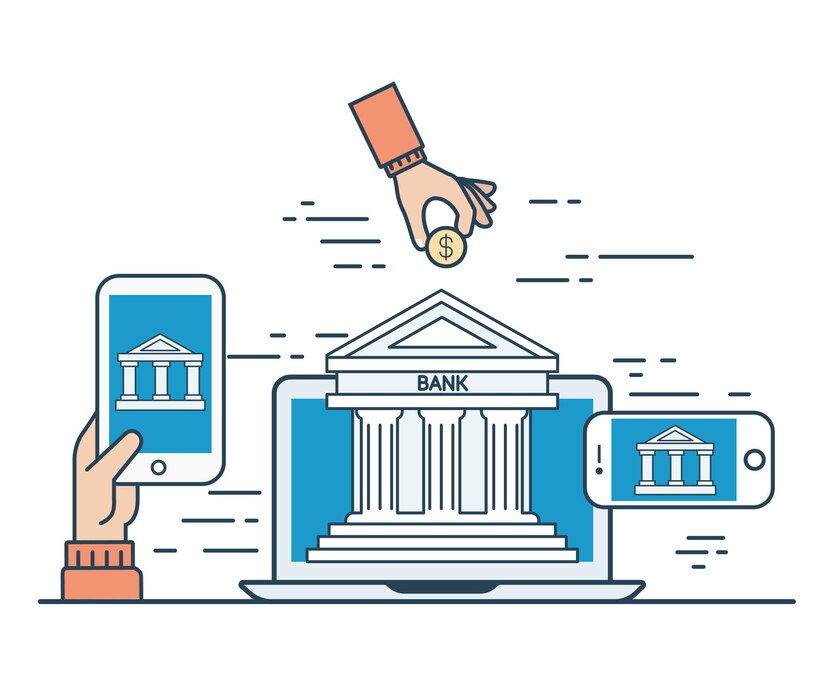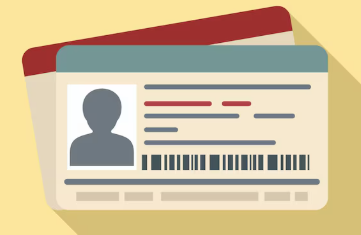Emergencies can arise at any time, leaving you in urgent need of funds. Whether it’s a medical crisis, unexpected car repairs, or a sudden home repair, financial emergencies require quick and efficient solutions. Personal loans can be a viable option to cover these unforeseen expenses.
Need a personal loan right now? Get an instant loan from Airtel Finance with the Airtel Thanks app. Low interest rates, low processing fees, and just extremely convenient overall!
Advantages of Using Personal Loans for Emergency Expenses
Quick Access to Funds
One of the most significant advantages of personal loans is the quick access to funds. Many lenders offer rapid approval and disbursement, sometimes within 24 to 48 hours. This speed can be crucial during emergencies when immediate financial assistance is needed.
No Collateral Required
Since personal loans are unsecured, you don’t need to provide any collateral. This means you can access funds without risking your assets, such as your home or car. It also simplifies the application process, as there’s no need for asset valuation or documentation.
Flexible Use of Funds
Personal loans offer flexibility in terms of how you can use the funds. Whether you need to cover medical bills, repair your car, or handle any other emergency expense, a personal loan can provide the necessary financial support.
Fixed Interest Rates and Repayment Terms
Personal loans usually come with fixed interest rates and repayment terms, which means your monthly payments remain consistent throughout the loan term. This predictability can help you manage your finances more effectively during a stressful time.
Read more: How to improve your credit score – guide
Disadvantages of Using Personal Loans for Emergency Expenses
High Interest Rates
While personal loans offer quick access to funds, they often come with higher interest rates compared to secured loans. If you have a lower credit score, you might face even higher rates, which can make the loan more expensive in the long run.
Impact on Credit Score
Applying for a personal loan results in a hard inquiry on your credit report, which can temporarily lower your credit score. Additionally, if you fail to make timely repayments, it can negatively impact your credit score, making it harder to obtain credit in the future.
Potential for Debt Accumulation
Relying on personal loans for emergency expenses can lead to debt accumulation if not managed carefully. Taking out multiple loans or using loans to cover ongoing expenses rather than one-time emergencies can create a cycle of debt that’s difficult to break.
Read more: Tips to get instant personal loan for the self-employed
Choosing the Right Personal Loan for Emergency Expenses
Assess Your Financial Situation
Before applying for a personal loan, assess your financial situation. Determine the exact amount you need to cover the emergency expenses and ensure you can afford the monthly repayments. Borrow only what you need to avoid unnecessary debt.
Compare Lenders
Research and compare multiple lenders to find the best personal loan terms. Look at interest rates, repayment terms, fees, and customer reviews. Online comparison tools can help you evaluate different loan options quickly and efficiently.
Check Eligibility Requirements
Each lender has specific eligibility criteria for personal loans. Check these requirements to ensure you qualify before applying. Common criteria include a minimum credit score, stable income, and employment history.
Read the Fine Print
Carefully read the loan agreement, including the fine print. Understand the interest rate, repayment schedule, fees, and any penalties for early repayment or late payments. Clear comprehension of the loan terms can help you avoid surprises and manage the loan responsibly.
Consider Alternatives
Explore other options before committing to a personal loan. Depending on your situation, alternatives such as borrowing from friends or family, using a credit card, or tapping into your savings might be more suitable and cost-effective.
Read more: Minimum salary required to get a personal loan
FAQs
How quickly can I get a personal loan for emergency expenses? The approval and disbursement time varies by lender, but many offer quick turnaround times, often within 24 to 48 hours.
Can I use a personal loan for any type of emergency expense?
Yes, personal loans provide flexibility, allowing you to use the funds for various emergency expenses, such as medical bills, car repairs, or home repairs.
What credit score do I need to qualify for a personal loan?
The required credit score varies by lender, but generally, a score of 650 or higher improves your chances of approval and securing favourable terms.
What happens if I miss a payment on my personal loan?
Missing a payment can result in late fees and negatively impact your credit score. If you anticipate difficulty making a payment, contact your lender to discuss possible solutions.
Are there any fees associated with personal loans?
Yes, personal loans may come with various fees, such as origination fees, late payment fees, and prepayment penalties. It’s essential to understand these fees before signing the loan agreement.
Personal loans can be a valuable resource for covering emergency expenses, providing quick access to funds without the need for collateral. However, it’s crucial to consider the advantages and disadvantages, compare different lenders, and understand the loan terms before making a decision. By doing so, you can manage your financial emergencies effectively and responsibly.



